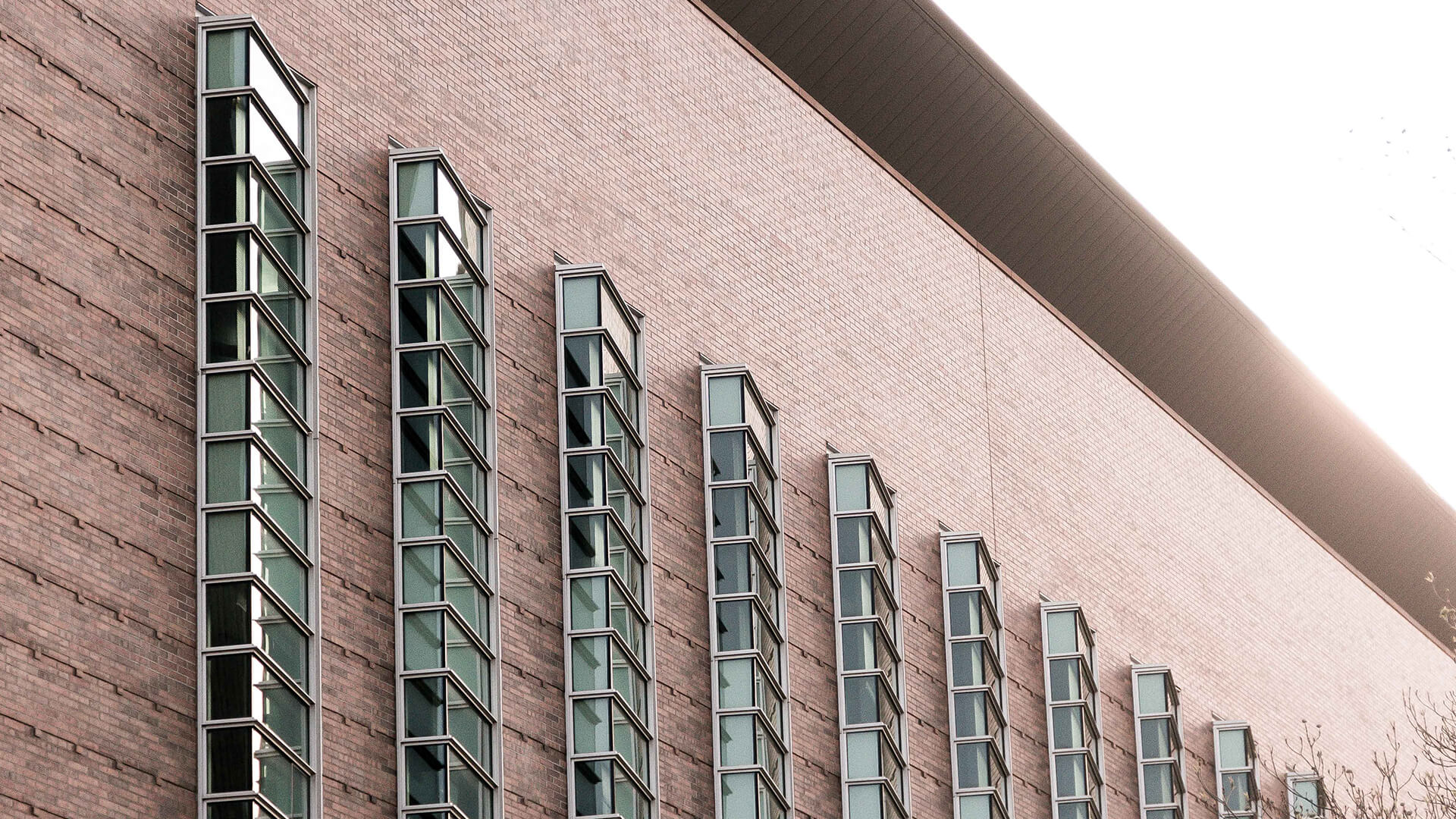Being physically active has been a huge ongoing campaign in Singapore for the past few years. State-wide challenges such as the National Steps Challenge reward us for being physically active but is there a bigger message here?
We all know that both physical activity and exercise are good for our health, with physical activity being any form of movement that engages muscles and burns calories, whether structured or unstructured (eg. walking, taking the stairs, gardening, doing household chores, and even fidgeting!) and on the other hand, exercise constitutes a specific subset of physical activity that is planned, structured, and purposeful (eg. jogging, brisk walking, weightlifting, pilates, cycling and swimming) however majority of us are not aware of the full extent of its benefits.
► TRY THESE: 60-second exercises that you can do anywhere
Here are the top 10 reasons that make physical activity culture something worth embracing in your life.
 Photo: Active Health
Photo: Active Health
The top 10 benefits of physical activity
1. Weight management
The most prominent benefit of physical activity is that it helps with weight management. Regular exercise paired with healthy eating habits can help you to achieve weight loss or maintain your ideal weight. Physical activity and exercise increases caloric output contributing to our total daily energy expenditure.
2. Bone and muscle health
Exercise makes your body physically stronger because it builds bone and muscle strength. Stronger muscles contribute to better balance and stability, reducing your risk of falls. Muscles are also important for your general fitness, allowing you to carry out daily activities like climbing the stairs or carrying groceries. There is no need to be averse to actively building muscle; a bodybuilder's physique requires years of very specific training and nutrition. Instead, holistic strength training will ensure that your body's muscles remain functionally healthy in the years to come!
3. Relieve from physical pains
Exercise provides rehabilitation for chronic pains such as lower back pain. The right kind of exercise can be a good form of physiotherapy for stubborn aches or long-term injuries. However, be sure to consult a specialist to recommend the ideal workout before you start exercising.
4. Protection against health conditions
Beyond making you physically stronger, exercise also keeps your body healthier by keeping your blood sugar and insulin levels at healthy levels, reducing the risk of developing chronic diseases. Besides helping with weight management, exercise also keeps obesity-related diseases such as diabetes and heart disease at bay.
5. Connecting with friends and family members
Exercising as a group creates social connection, allowing you to feel close and connected to others. This involves feeling loved, cared for, and valued, and it forms the basis of interpersonal relationships. Socially connecting with others can help you to live longer, boost your mental health, and improve your overall quality of life.
 Photo: Active Health
Photo: Active Health
► JOIN US: Island-wide experiential Move Better workshops led by Active Health Coaches
6. Enhanced cognitive function
There are several ways in which exercise is good for the brain. Exercise triggers the release of neurotrophic factors that facilitate the growth of brain cells. Moderate-vigorous aerobic and resistance exercise have shown to improve cognition, processing speed, memory, and executive function such as adaptable thinking, self-control, and planning. Exercising also provides protective elements, slowing down your brain’s ageing and protecting the brain against degenerative diseases for example, Alzheimer’s disease.
7. Boost energy levels
The rush of hormones from a good exercise session is a significant energy booster that helps you get through fatigue and stay more focused. Even engaging in short bouts of exercising at every 30-minute intervals across the day can have a significant reduction in fatigue level and lower back discomfort as compared to sitting throughout. This boost in energy is especially helpful for people suffering from chronic fatigue or health conditions that affect energy levels.
8. Improvements in mood
Along with making you feel more energised, exercise also makes you happier. Exercises increases various measures of self-esteem and confidence and regulate hormones which improves your mood. Hormones such as endorphins that are released during exercise evoke positive feelings and push away negative ones.
9. Better sleep quality
Exercise helps you sleep better at night and fights insomnia by making sure you are sufficiently tired before bedtime. Furthermore, the stress-relieving effect of exercise helps to keep your mind and body relaxed so negative thoughts will not keep you awake for hours at night. Exercise also helps to regulate your body’s circadian rhythm. The heating up of your core body temperature during exercise allows your body to cool down significantly by bedtime, promoting restful sleep.
10. Reduced mental wellbeing
It has been shown that people who engage in exercise have a decreased risk of developing anxiety and depression. This is due to the reduction of neurological reaction to stress thereby reducing symptoms of anxiety. Exercise also optimises neurotrophin levels, which are important in the maintenance of neurons controlling emotional functions.
►WATCH: Easy yet effective exercises for youth, adults and seniors
 Photo: Active Health
Photo: Active Health
In short, physical activity is indispensable when you are striving for optimal physical and mental health. The most straightforward way to reap these benefits is to simply set aside time to exercise weekly. Proper, dedicated workouts allow you to maximise the time you spend exercising to get the most benefits. Unsure of how much physical activity you should be getting to reap those health benefits? According to the revised Singapore Physical Activity Guidelines (SPAG), adults (age 18 to 64 years old) should accumulate a total of 150 to 300 minutes of moderate-intensity aerobic based activity in a week and engage in moderate-intensity of muscle strengthening activities that targets the major muscle groups at least two days a week. Apart from following the guidelines above, you can also speak to our Active Health Coaches at the Active Health Labs located island-wide to learn more.

















